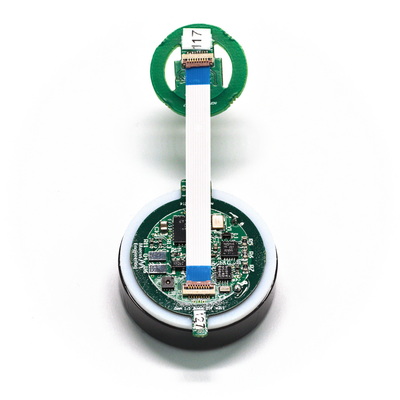Low Power Design Overview
The bane of any battery-operated device, too much power draw and not enough storage capacity. If designed poorly, creating a device to last as long as the user requires will be a challenge. However, if some ingenuity and unconventional thinking are used, many new possibilities will arise and allow for the expansion of a device’s capabilities.
We will investigate the process and discoveries along our journey into effective low-power designs throughout this blog series.
1 – The Pitfalls of Low Power Design
One difficulty in Low Power design is that every component, no matter how insignificant, can make or break your power budget if every step is not fully considered. Expect multiple rounds of prototype units as you discover more and more small design flaws on your journey to achieving a balanced power budget.
Secondly, other factors unrelated to the electronics aspect may influence your design choices. Environmental factors, including temperature, mechanical enclosures, and logistics, can potentially affect your component and battery selection to significant degrees. Working around these issues while using an already limited selection of low-power components can hamper component sourcing. Throw in supply chain issues causes by worldwide disruptions in the likeness of COVID-19, and you can have serious production problems on your hands.
2 – Battery Limitations
Size, capacity, discharge rate, and temperature will all play a factor here. Depending on your application, your mechanical constraints could outweigh your electrical constraints. Chemistry is also a crucial choice. Every option has its benefits and tradeoffs. The options needed may vary wildly from project to project.
3 – Low Power Component Selection
What is a low power component? What components should you focus your design effort on? While power distribution may seem straightforward, the addition of a few simple components may help to deliver power where it is needed, when it is required.
4 – Low Power Microcontroller Tips
You are squeezing the most processing power out of your microcontroller while not sacrificing functionality or your power budget. Give your design the capabilities that you need while trimming off the unused fat.
5 – Smart Software Organization
Scheduling and manipulating your software and processor power modes to maximize its efficiency. Investigate the effects of startup code which may not be evident to a user at first glance but could significantly affect your power consumption.

